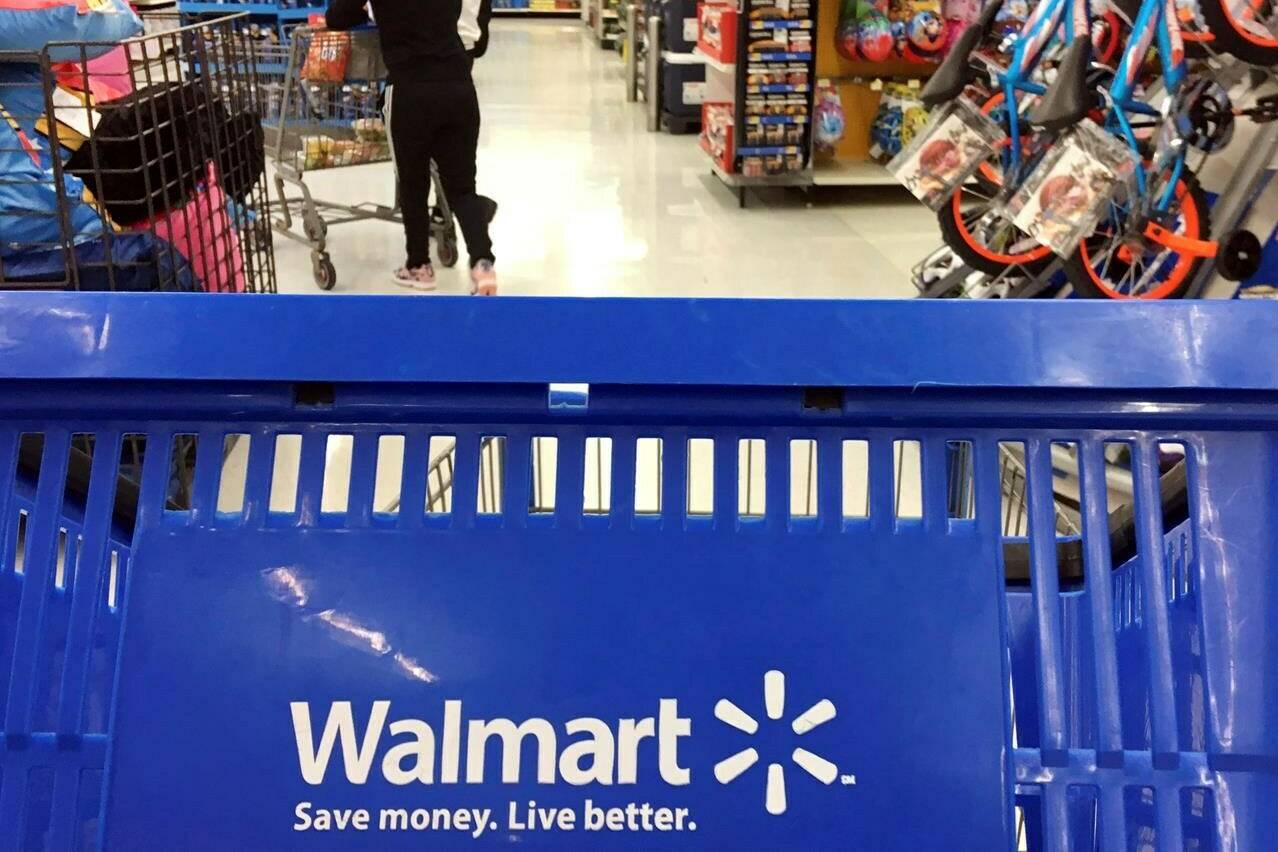Walmart Canada is not trying to profit from food inflation, president and CEO Gonzalo Gebara told a parliamentary committee studying the issue Monday evening.
Gebara told MPs that Walmart Canada’s gross profit rate for its food business declined last year, as did the company’s total operating profit in dollars. However, he declined to provide specific numbers for the private business, saying Walmart Canada has provided relevant financial information to the Competition Bureau.
MPs pressed Gebara on the fees and penalties that grocers charge suppliers. These fees are one of the topics being discussed as part of efforts to create a grocery code of conduct.
Gebara said Walmart Canada has received a draft of the code of conduct recently and is reviewing it.
“We will support any initiative that would bring better conditions and the ability to have more transparency in the whole chain,” he said.
Gebara’s comments before the committee followed a highly anticipated appearance by the leaders of Canada’s three biggest grocery chains on March 8.
The CEOs and presidents of Loblaw Cos. Ltd., Metro Inc. and Empire Co. Ltd. told the committee that food inflation is not being caused by profit-mongering, and insisted their margins on food have remained low.
Federal politicians have been calling for more transparency from the grocery industry as food price inflation has been significantly outpacing overall inflation.
Gebara said Walmart Canada strives to maintain a price gap between its products and those sold by its competitors, naming the other grocery giants.
He said Walmart is known for its “everyday low price” strategy: “This is not a stunt or our response to the challenging times we’re living in.”
The retailer is doing everything it can to fight inflation, said Gebara, such as taking measures to control operating costs, identifying improvements in its supply chain and working to keep prices down on private-label products.
“The past two years have presented a perfect storm of external factors that have driven up food prices,” he said. “These inflationary pressures are passed through the entire supply chain.”
Grocery prices were up 10.6 per cent in February compared with a year ago, while overall inflation was 5.2 per cent.
During the past year, the Bank of Canada has repeatedly raised interest rates in an effort to quell inflation’s rampage.
Galen Weston, the billionaire chairman and president of Loblaw, told MPs earlier this month it’s “impossible” that grocers could be causing food inflation, and said the company makes bigger profits off the non-food parts of its business such as apparel and pharmacy.
A report last fall out of the Agri-Food Analytics Lab at Dalhousie University found that all three of the big grocery companies posted higher profits in the first half of 2022 compared with their average earnings over the past five years.
The March 8 meeting featured NDP Leader Jagmeet Singh repeatedly asking Weston, “How much profit is too much profit?”
Weston argued that “reasonable profitability is an important part of operating a successful business,” while earlier Empire president and CEO Michael Medline took a similar tack, saying, “It is folly to suggest that an unprofitable grocery business is somehow better for customers and better for shelf prices.”
At the March 8 meeting, the heads of Metro and Empire both questioned why MPs seemed to be excluding American retail giants like Walmart and Costco from their research into food inflation. The committee agreed unanimously to invite the leaders of those two retailers’ Canadian arms to speak before them.
READ MORE: Grocery money, clean tech tax breaks expected in federal budget Tuesday
READ MORE: Food inflation in Canada shows signs of easing, but grocery prices to remain high

